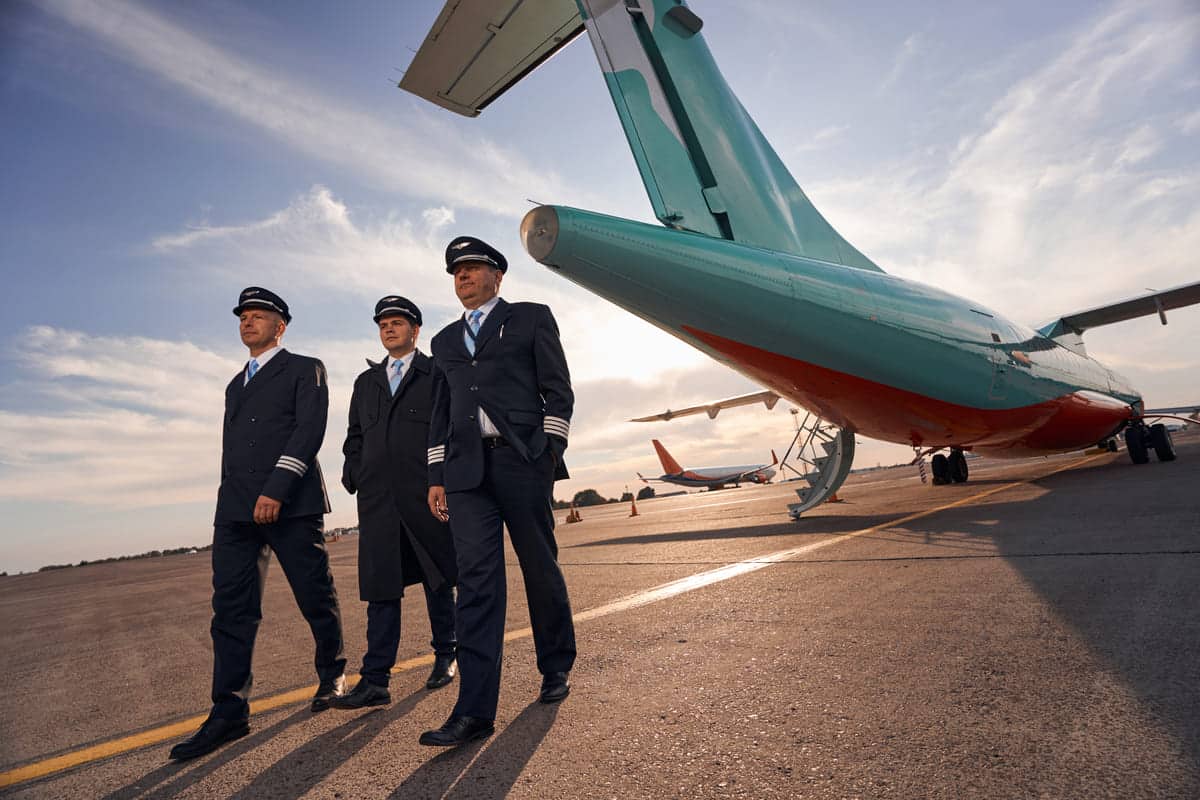Aviation is a field that continually evolves, driven by technological advancements and the growing need for more efficient, safer air travel. Two pivotal elements at the forefront of this evolution are flight training and smart airport systems. Together, they are setting new standards in the aviation industry, enhancing the capabilities of pilots and the operational efficiency of airports. Let’s delve into how these components are transforming aviation and what this means for those involved in this dynamic field.
The Evolution of Flight Training
Flight training has always been the cornerstone of aviation. It equips aspiring pilots with the skills and knowledge necessary to safely and efficiently operate aircraft. However, the approach to flight training has transformed significantly with technological advancements. Modern flight training now incorporates sophisticated simulators that mimic real-life flying conditions, providing trainees with a safe, controlled environment to hone their skills. This type of training is crucial not only for beginner pilots but also for experienced pilots who need to keep up with new technologies and ever-changing aviation regulations.
The integration of advanced aircraft technology means that pilots must now be adept at managing digital controls and sophisticated navigation systems, far beyond the traditional stick-and-rudder skills. As aviation technology evolves, so does the curriculum in flight schools, which continuously updates to include the latest innovations and best practices in the industry.
The Impact of Smart Airport Systems
On the ground, smart airport system are revolutionizing how airports operate. These systems utilize data analytics, Internet of Things (IoT) devices, and artificial intelligence to optimize everything from air traffic management to passenger flow and baggage handling. The goal is to make airport operations more efficient, reduce delays, and improve overall passenger experience.
For pilots, the advent of smart airport systems means smoother operations on the ground, which translates to fewer delays and quicker turnaround times. Smart systems provide pilots with real-time data on weather conditions, traffic updates, and route optimization, all of which contribute to more informed decision-making and improved flight safety.
The Symbiosis Between Pilots and Technology
The relationship between pilots and technology is becoming increasingly symbiotic. As airports adopt smarter systems, pilots must be trained not only in flight operations but also in navigating these complex systems. This is where advanced flight training comes into play, preparing pilots to effectively interact with these technologies and ensuring they can leverage the systems to enhance flight safety and efficiency.
Preparing for the Future
For those aspiring to enter the aviation industry or current professionals looking to advance their careers, understanding and adapting to these changes is crucial. Engaging in comprehensive flight training that keeps pace with technological advancements is essential. Additionally, familiarity with smart airport systems can provide a competitive edge, making one a more capable and versatile professional in this high-tech landscape.
Conclusion
The future of aviation is being shaped by the integration of advanced flight training and smart airport systems. These developments are not just enhancing the way aircraft are flown but also transforming the entire infrastructure supporting aviation. For those passionate about aviation, staying informed and adaptable to these changes is key to navigating the future successfully and safely. As we look forward, the synergy between sophisticated training and smart technology will undoubtedly continue to elevate the standards and safety of flying, marking an exciting new chapter in the history of aviation.
The relationship between pilots and technology is becoming increasingly symbiotic. As airports adopt smarter systems, pilots must be trained not only in flight operations but also in navigating these complex systems. This is where advanced flight training comes into play, preparing pilots to effectively interact with these technologies and ensuring they can leverage the systems to enhance flight safety and efficiency.




